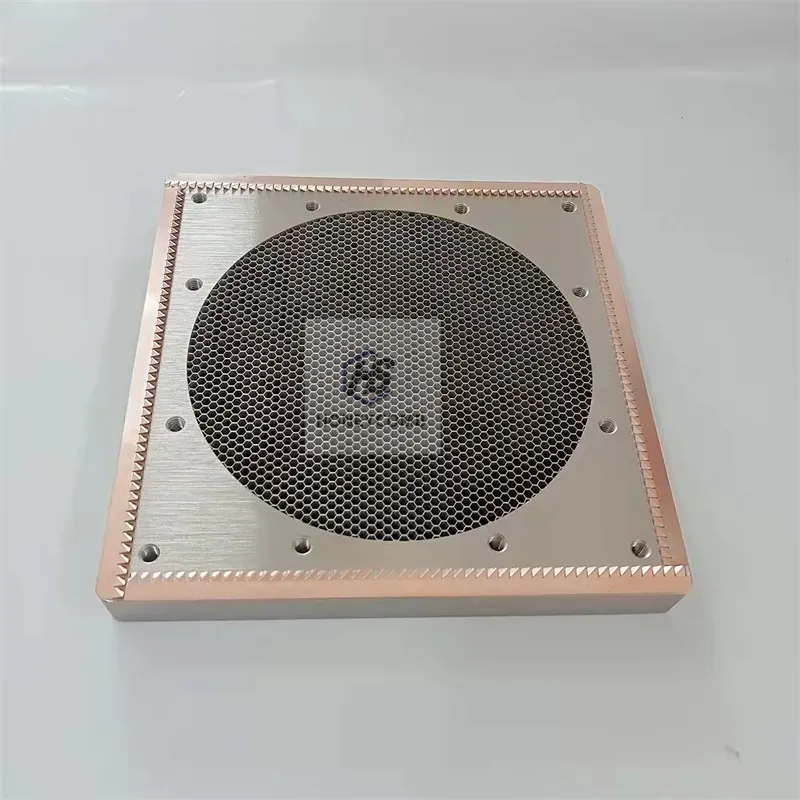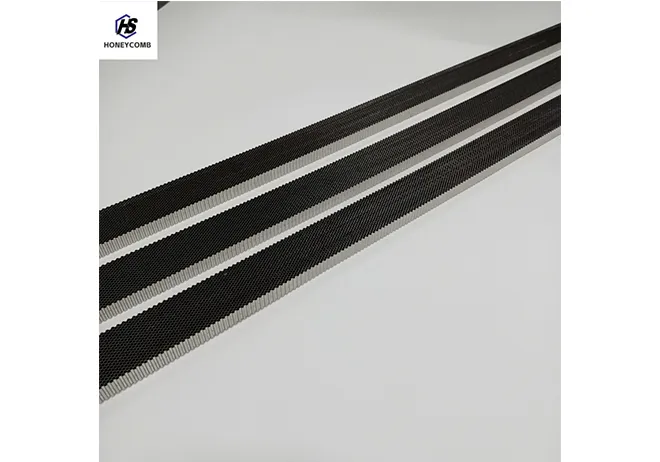
- Afrikaans
- Albanian
- Amharic
- Arabic
- Armenian
- Azerbaijani
- Basque
- Belarusian
- Bengali
- Bosnian
- Bulgarian
- Catalan
- Cebuano
- China
- China (Taiwan)
- Corsican
- Croatian
- Czech
- Danish
- Dutch
- English
- Esperanto
- Estonian
- Finnish
- French
- Frisian
- Galician
- Georgian
- German
- Greek
- Gujarati
- Haitian Creole
- hausa
- hawaiian
- Hebrew
- Hindi
- Miao
- Indonesian
- Italian
- Japanese
- Javanese
- Malay
- Persian
- Portuguese
- Punjabi
- Russian
- Spanish
- Swahili
- Telugu
- Vietnamese

Jan . 13, 2025 11:54
Back to list
cell bikaka av aluminium
When considering the vast landscape of portable power solutions, cell bikaka av aluminium emerges as an intriguing contender. Crafted from aluminium, these power cells offer a unique blend of durability, efficiency, and sustainability—three key components that modern consumers and industries crave. Here, we delve into the world of aluminium cell bikaka, exploring their advantages and potential applications with an eye toward achieving superior SEO performance that underscores both authority and trustworthiness.
In the realm of sustainability, aluminium cells offer a compelling narrative. Aluminium is one of the most recycled materials globally, a fact that underscores the environmental benefits of using cell bikakas made from this metal. Unlike other materials, the recycling process of aluminium consumes significantly less energy and leads to fewer emissions, ensuring that these cells support a circular economy model. Highlighting these eco-friendly credentials not only appeals to environmentally-savvy consumers but also enhances the product's credibility in the eyes of regulatory bodies and industry experts. From an expert's perspective, the manufacturing process of aluminium cell bikakas involves sophisticated technology, including anodizing and precision engineering, which speaks to the high level of expertise in their production. By emphasizing this technical proficiency, content not only gains a competitive edge in search engine rankings but also resonates with audiences seeking reliable and advanced technology solutions. In conclusion, the rise of cell bikaka av aluminium as a potent competitor in the power storage market is no mere fad. It encapsulates a strategic response to the market’s demand for sustainable, efficient, and durable energy solutions. By focusing on these key attributes, businesses can craft a compelling narrative that boosts both the visibility and authority of their offerings on digital platforms. In an era where consumers prioritize authenticity and innovation, aluminium cell bikakas are not just a product; they represent a promising glimpse into the future of energy solutions.


In the realm of sustainability, aluminium cells offer a compelling narrative. Aluminium is one of the most recycled materials globally, a fact that underscores the environmental benefits of using cell bikakas made from this metal. Unlike other materials, the recycling process of aluminium consumes significantly less energy and leads to fewer emissions, ensuring that these cells support a circular economy model. Highlighting these eco-friendly credentials not only appeals to environmentally-savvy consumers but also enhances the product's credibility in the eyes of regulatory bodies and industry experts. From an expert's perspective, the manufacturing process of aluminium cell bikakas involves sophisticated technology, including anodizing and precision engineering, which speaks to the high level of expertise in their production. By emphasizing this technical proficiency, content not only gains a competitive edge in search engine rankings but also resonates with audiences seeking reliable and advanced technology solutions. In conclusion, the rise of cell bikaka av aluminium as a potent competitor in the power storage market is no mere fad. It encapsulates a strategic response to the market’s demand for sustainable, efficient, and durable energy solutions. By focusing on these key attributes, businesses can craft a compelling narrative that boosts both the visibility and authority of their offerings on digital platforms. In an era where consumers prioritize authenticity and innovation, aluminium cell bikakas are not just a product; they represent a promising glimpse into the future of energy solutions.
Prev:
Next:
Products categories
Latest news
-
Why Vented Aluminum Honeycomb Is Leading the Way in Shielding and Ventilation SolutionsNewsJul.18,2025
-
Why Stainless Steel Honeycomb Panel is the Ultimate Choice for High-Tech Shielding and ProtectionNewsJul.18,2025
-
Why Honeycomb Strips Are Revolutionizing High-Speed Sealing SolutionsNewsJul.18,2025
-
Shielded Glass Innovation Powers the Future of Electromagnetic ProtectionNewsJul.18,2025
-
Precision Starts Here: Revolutionizing Airflow Control with Honeycomb Wind Tunnel SolutionsNewsJul.18,2025
-
Elevate Industrial Performance with Precision-Engineered Steel Honeycomb Core SolutionsNewsJul.18,2025
-
Vented Aluminum Honeycomb: A Smart Shield for Airflow and EMI ControlNewsJul.11,2025















